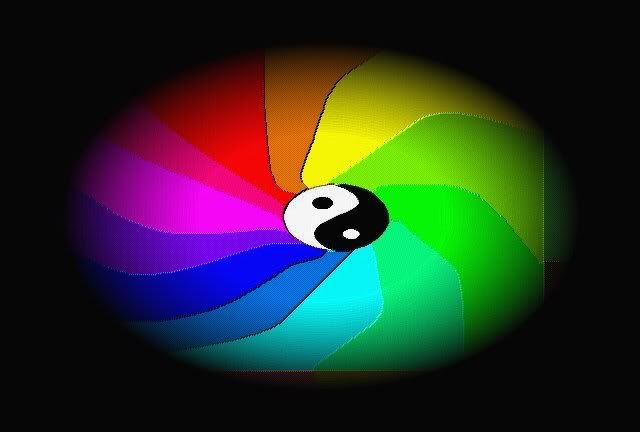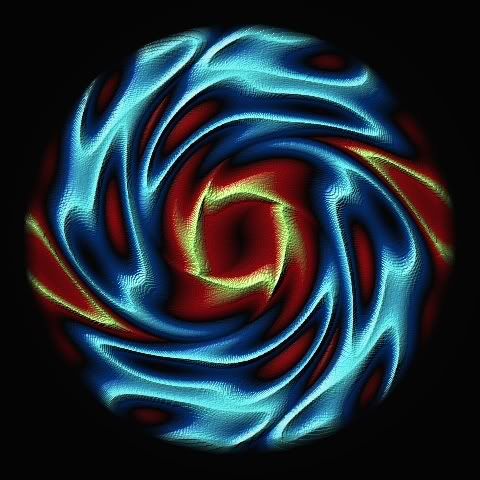 All the other times I began writing my autobiography (which supplied some of the chapters I have already shared) in the end suffered the same fate: I couldn’t figure out how it was going to end. After all I wasn’t dead yet.
All the other times I began writing my autobiography (which supplied some of the chapters I have already shared) in the end suffered the same fate: I couldn’t figure out how it was going to end. After all I wasn’t dead yet.
But perhaps this will be the terminal chapter in my book. I’ll have to think seriously about that.
I sometimes (partially facetiously) refer to myself as “immortal until proven otherwise.” This is different than I have felt about the subject in the past (witness four suicide attempts). But I am a survivor and see no reason for that to change. Sure, my body might wear out and no longer function well enough to support keeping my being in contact with the world of our outward shared reality (or is that our shared hallucination?), but I cannot believe that my body is the sum total of who I am (for one thing, there’s just not enough room in there to hold all that is me).
Our culture (is there really such a general concept?) has always seemed to me to place too much emphasis on death, about how we must “prepare” for it (some people spend way too much energy doing so, in my opinion) and how we must live our lives so that some unknown Good Thing will happen when we die. The truth of the matter (well, it’s my truth) is that we don’t really know what will happen to us when our bodies no longer function. All is speculation or hope…faith, if you will. Someday my heart will stop beating. What will happen at that moment is anybody’s guess. Think of it as passing through a door that only permits one-way travel.
I think the worst that can happen is that there will be nothingness, that the “me” that is connected to my physical form would cease to be. What a waste of lessons learned that would be!
I prefer to think in “perhapses.” Perhaps we start over, being connected to a new life form (some posit attachment to a new human host), to once again attempt to learn life’s lessons and attempt to unravel its mysteries. Perhaps, as some religions profess, there is some “better place” that we go (I refuse to acknowledge a concept of Hell and being a taoist necessitates that I likewise reject the notion of Heaven), a place without the trials and tribulations of this reality. That sounds boring to me. Or perhaps we do move on to a new plane of existence, one to which we in our present state can have absolutely no clue towards envisioning, just as we were so clueless when we entered this one. Whatever it is, I hope only that I can proceed onward with the same sense of wonder, anticipation and excitement that I have come to feel in this existence.
My views of death have colored my reactions to the deaths of those who I have known…my parents and grandparents, other relatives, some friends from my early years, my doctor, my therapist. Interestingly, the only ones which struck me a hard initial blow were the deaths of my doctor and my therapist.
When I transitioned in 1992, I was given the name of a doctor who treated transfolk. He was a good man who treated me with respect from the beginning. Doctor Ron died in 1993 of anaphylactic shock induced by a medicine he took. I have not had another doctor treat me with such respect since then.
When I learned that my therapist (Kurt) had died, I felt a sense of loss that I had not even felt when my parents died. But it was a selfish feeling (Who would I turn to when I needed help, help that he had offered to me that no other person, not even my own father and mother, had offered?). I knew that Kurt had been released from the pain and sickness that was eating up his body. I still miss him, but I know…correct that…I believe that he went on to a new reality and I wish him the best. I can do no other.
In fact all of my immediate reactions to hearing of deaths of those I have known and/or loved have been selfish ones. How can it be otherwise? I cannot know how the person who has died (or is dying) feels. My emotions don’t apply to them. I can feel sad for myself or someone else who feels pain or loss because of the death, happy that the (physical or emotional) pain of the sufferer is gone, or angry that the death was needless. But those are my feelings, not those of the person who has died (or is dying). And their feelings are what should matter most.
This I believe.
Maybe what made Kurt’s death more meaningful to me is related to our last session. Kurt asked me to tell him what I knew or suspected about death. We spent our hour, it seemed to me, with our roles reversed. It marked a passage, I think, for both of us.
 Doorway
|

1 comments
Author
There are gaps which need filing. But I can’t see any of them becoming the last chapter.